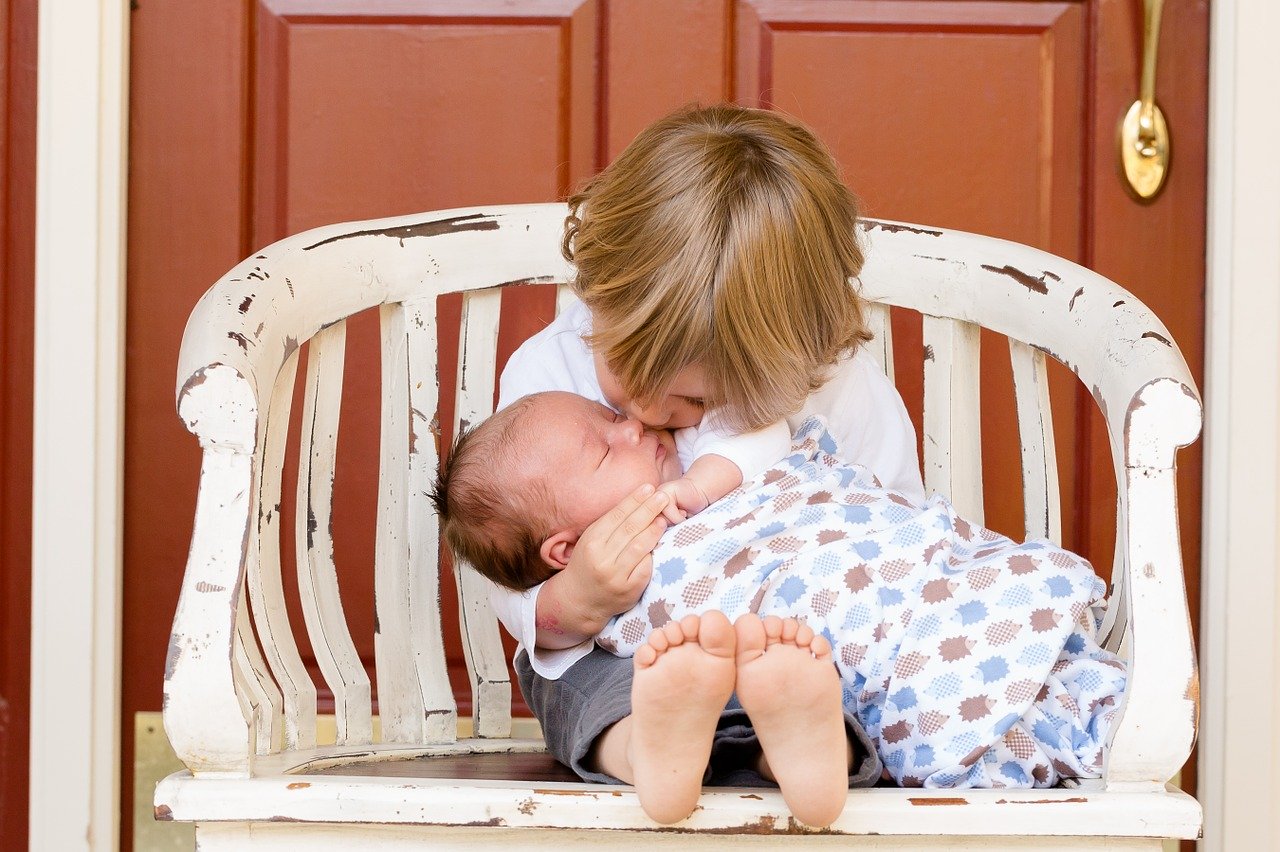Your Cart is Empty

Every parent wants their kids to grow up to be caring, empathetic, kind human beings. At least I don’t think anyone intentionally sets out to raise assholes.
But as any parent knows, when you’re presently stuck with a toddler throwing a tantrum to end all temper tantrums, it may seem unthinkable how exactly you’re supposed to get from point A to point B.
How can you mold your sons and daughters to grow as mature adults, who always pay kindness forward and never forget to call their mother more than once a year, when you can’t even get them to eat their greens or share their toys now?
I always remind my daughters to be kind, especially with hate and anger infesting our world these days. But as my mom said, talking about being kind can only get you so far. Showing them how it’s done, on the other hand, can plant and nurture the seeds of kindness in your kid’s life.
Here are some practical ways to help kids build their kindness muscle:

The best way to encourage kindness in kids is to lead by example. Albert Einstein once said, “Setting an example is not the main means of influencing another, it is the only means.” Make sure to get your kids involved whenever there are projects to help friends who are sick or a local family who has fallen on hard times.
As a single working mom, I don’t always have lots of spare time. But I do make it a point to show my daughters how good it feels to brighten someone’s day. Things like striking a conversation with the grocery clerk or saying thank you to the waiter at dinner tell my kids that the simplest words and deeds can either hurt or heal people.
Another way to help kids build their kindness muscle and understand the value of responsibility is by assigning chores. Kids should understand that when they’re part of a family and a community, they’re expected and required to pitch in and because it is the right thing to do. Even kids as young as two can help around the house. Having a chore chart is a great way to keep track of tasks and their completion.

Kindness shouldn’t only be limited to people, but it should also include the environment. Even before becoming a mom, I’ve always advocated the need to respect nature and protect it for the future. And I believe I have passed my passion on to my kids.
One time, we were sitting on a park bench, talking and people watching, when a man across us walked away, accidentally leaving his coffee cup on the bench. Before I knew it, my 7-year-old ran after the man and told him off for not taking care of his mess! I guess you could say that the treehugger in me did an internal backflip. Ha.

Tantrums are very common especially in the toddler stage, but it’s no secret that parents may not know how to handle these outbursts all the time. I should know. I can’t count how many times I’ve lost my cool when my cherubs suddenly transform into a puddle of enraged toddlers on the floor.
It took a while for me to learn, though, that while these tantrums can be very frustrating, they actually serve a purpose. They provide an emotional outlet for children, and also provide us, parents, with the opportunity to teach proper coping skills. Strategies like deep breathing and finger counting are useful in helping kids understand and handle their feelings, which consequently, increases their ability to be empathetic.

Yes, it takes a lot of work to raise kind, caring, socially responsible kids. There will be lots of speed bumps, frustration, and tears, and with all the hate in the world--sometimes you’ll just want to give up.
But in the end, isn’t it worth it?
Comments will be approved before showing up.